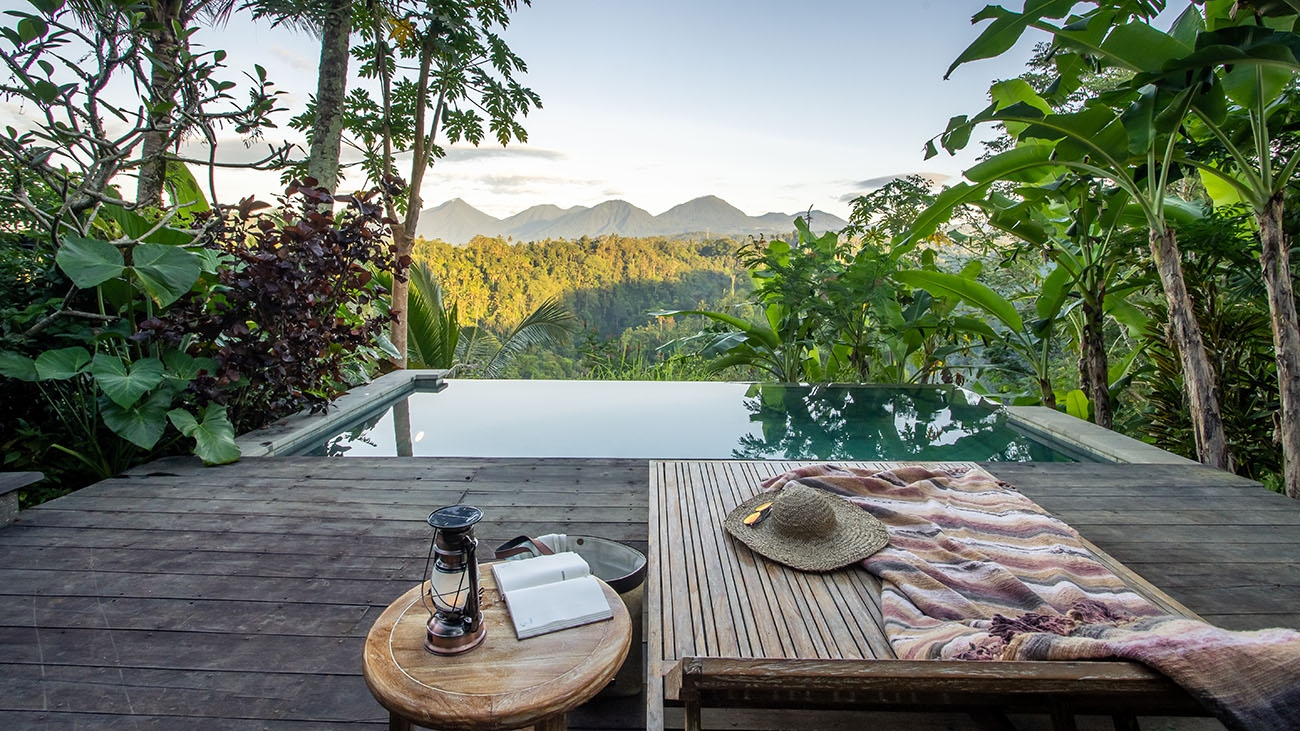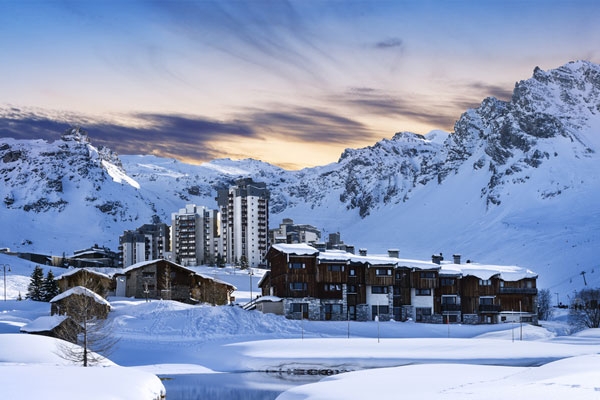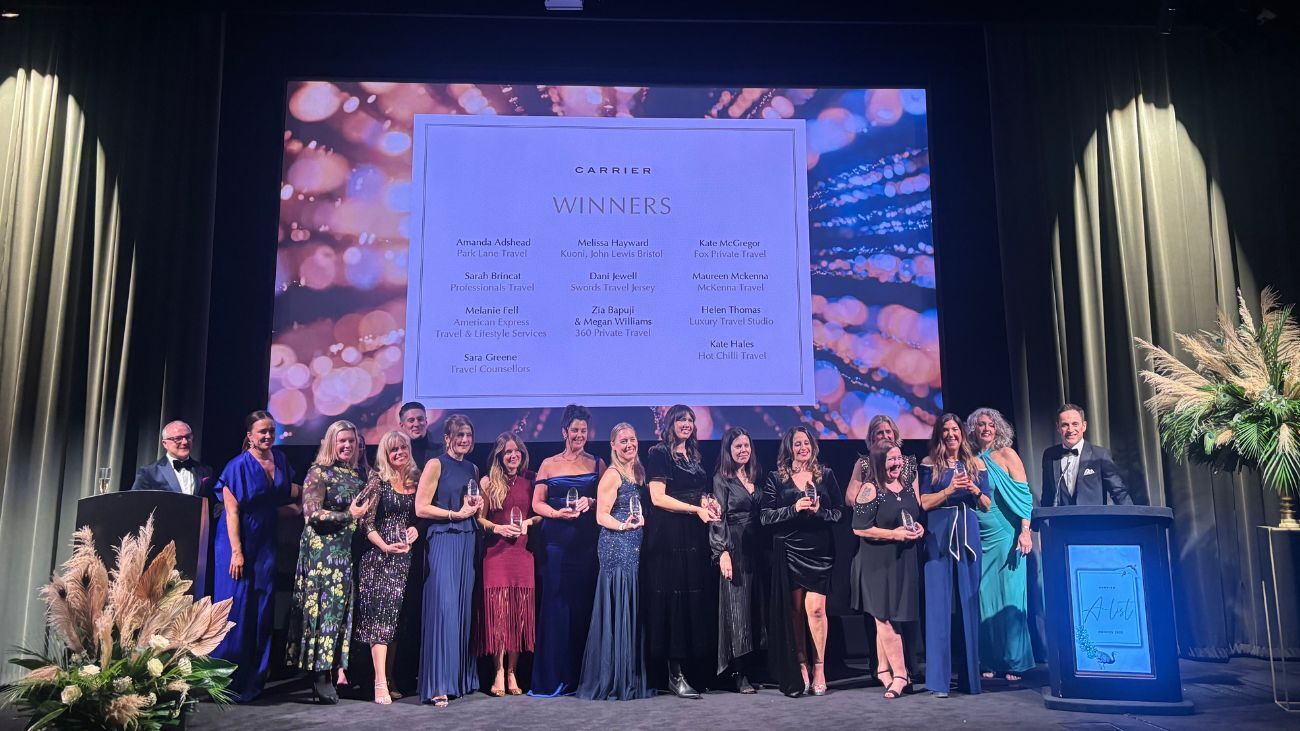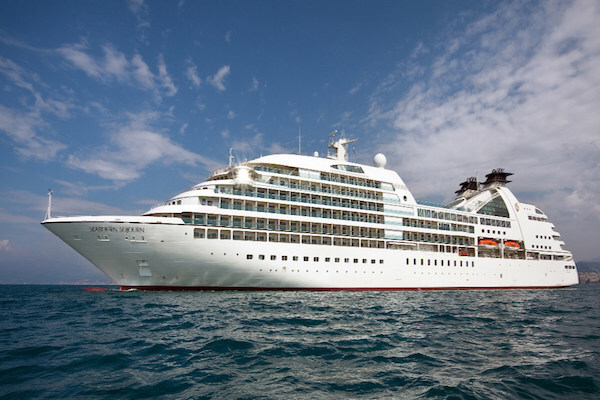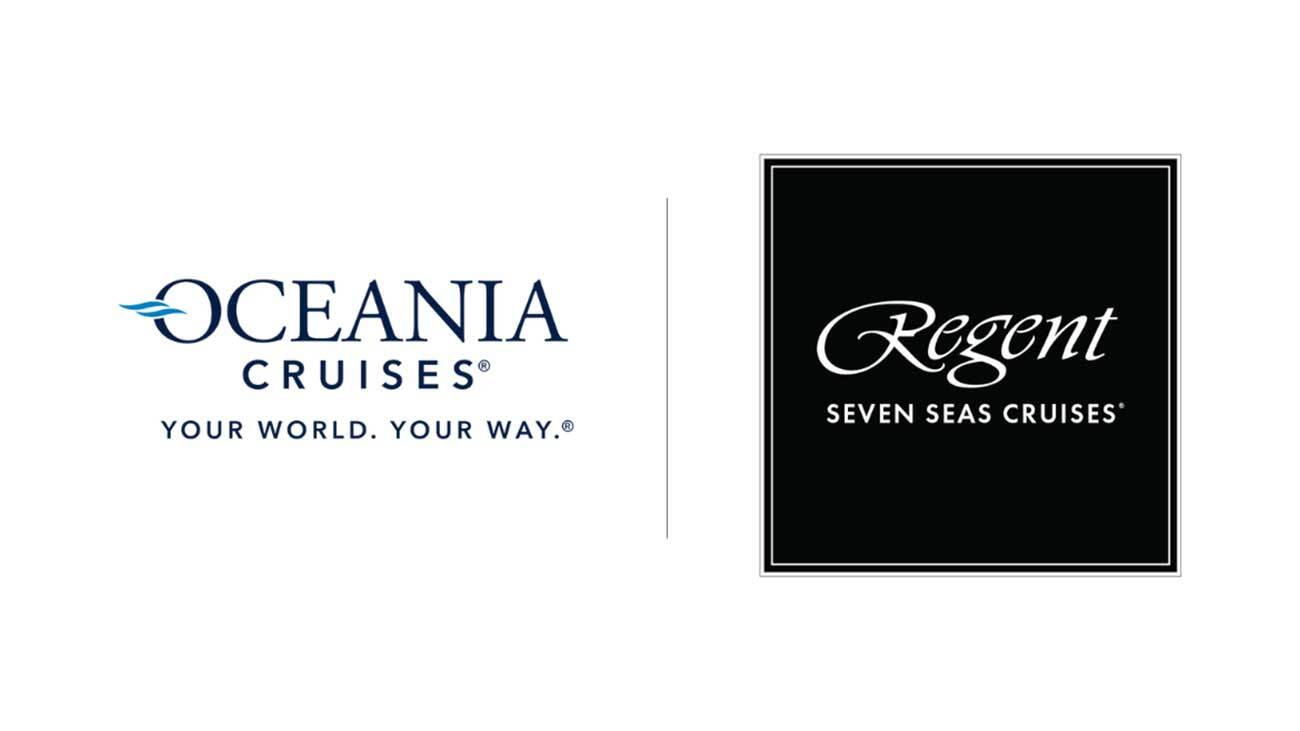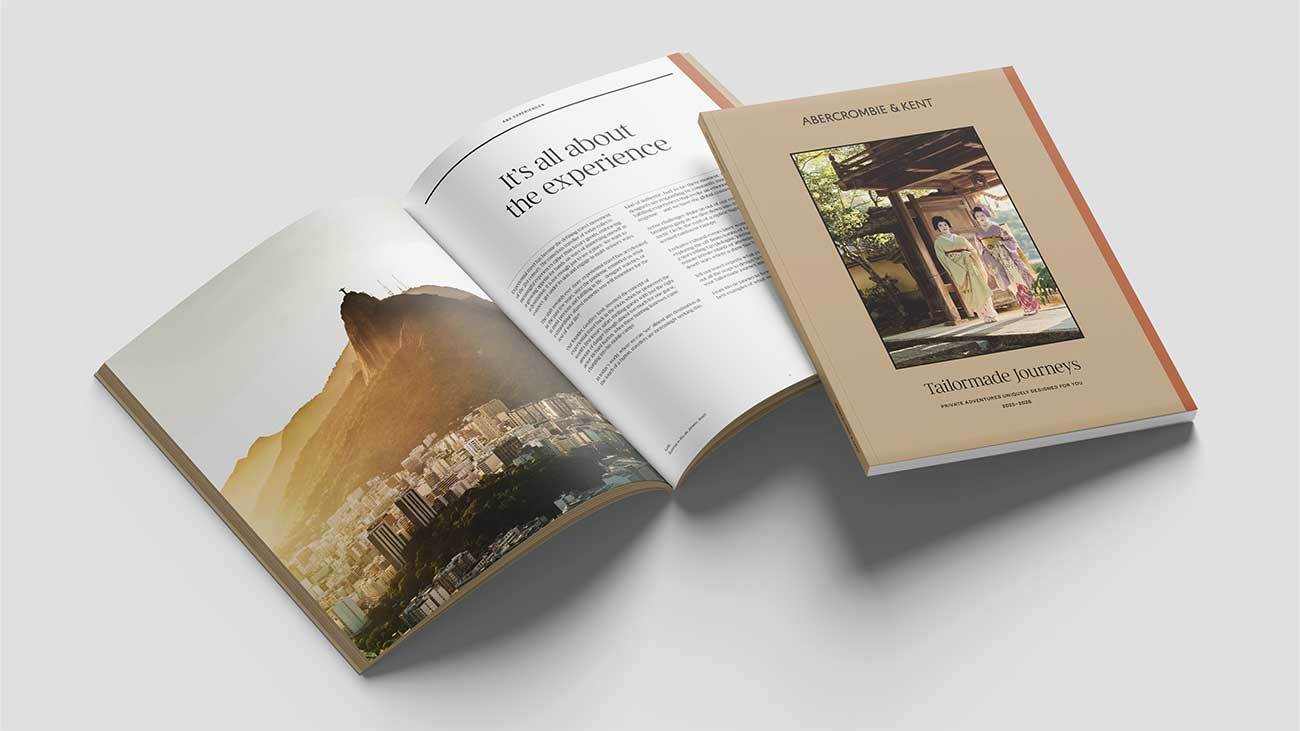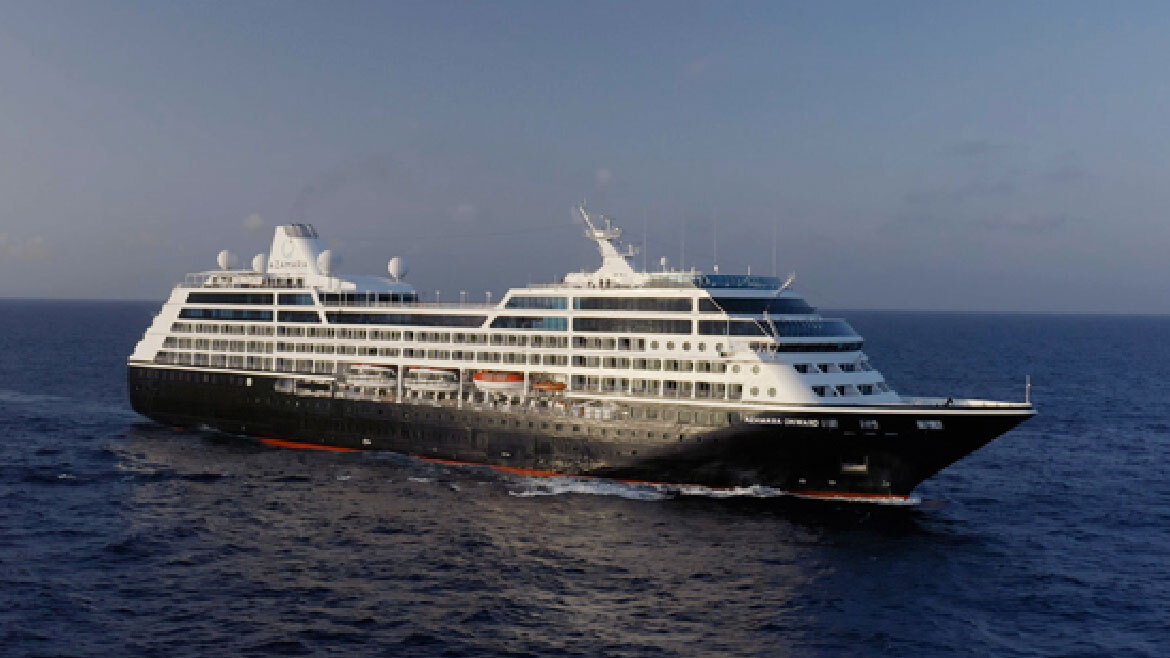Q&A with the founder of Zannier Hotels
Arnaud Zannier is currently at the helm of one of the most exciting boutique hotel groups in the luxury sector. With properties in France, Cambodia, Belgium and Namibia (the latter the product of an unlikely friendship with Angelina Jolie), Zannier Hotels intends to double its portfolio with upcoming openings in Vietnam, Mexico and Menorca. The hotel group will also open a second hotel in the Namib Desert this summer. With simplicity and sustainability at its heart, we sat down with Arnaud to find out why he believes this is the winning formula.
Why do you think more and more luxury travellers are becoming concerned with their green footprint?
I believe society’s pressure on environmental issues is part of the answer, but also (and most probably) because high-end travellers have started to realise the damages mass-tourism has done to our planet. Younger generations, who have been raised with ecological considerations in mind, are now the ones who travel more - especially in the luxury industry. I have read a recent study from Bain & Company that showed that in 2018, 47% of luxury spenders were below 40 years old (generations Y and Z). As younger generations tend to be less loyal to brands, I guess companies have understood that they had to change their approach to sustainability… finally!
When did you start investing in sustainability and why?
Conservation plays a major part of Zannier Hotels DNA. Since the creation of the brand, the notion of conservation, of heritage preservation and of cultural respect were put at the centre of our offer. This is because, for us, this is what matters and makes the difference when we speak about genuine hospitality. We aim to always respect, protect and promote the culture, the environment, the arts, the history, the people, and most importantly our staff and our guests within our properties. We see ourselves as responsible for everything and everyone we impact.
Can you give our readers some examples of how sustainability and conservation is implemented?
We try as much as we can to go for sustainable construction when opening a property (eco-conception, predominance of raw materials, use of local techniques, collaboration and empowerment of local workforce, limitation of plane travels...). Phum Baitang perfectly illustrates our efforts with its bespoke water treatment facility in place, the local farming with buffaloes and the car-free policy - we search for renewability in our daily operations. We also aim to use alternative energy sources such as solar panels or double-flow mechanical ventilation. Additionally, we have a strong waste management policy in our resorts (avoidance of plastic use, waste sorting and recycling at every level of the operations, use of biodegradable detergents, reusable bottles, light detectors…).
Sustainability is also about delivering fresh and fine food. We serve only fresh, and when possible, local and organic products within our restaurants. We have home-made products on the menu and, at Phum Baitang, we cultivate and serve our own rice. We also have beehives on rooftops and service wines produced by the Domaine Roger Zannier. We also try to protect the flora and fauna, as illustrated by the on-site grown plantation that we have at Phum Baitang, in order to use only endemic vegetation.
The term eco-luxury is now being touted. Is being sustainable and luxurious a hard balance to strike?
First of all, we would like to clarify something that is important for us: we know we have a high level of sustainability in our properties in relation to the industry standards, but we do not claim to be totally eco-friendly. We are very humble in this matter and prefer to say that we do our best, as sustainability is not a choice, it is a necessity. Sustainability and luxury are not antonyms. Sustainability does not mean scarcity or limitations. And our vision of luxury does not imply opulence or excessiveness. We aim to offer authentic and delightful experiences to our guests within beautiful environments, and this is possible both with a genuine and flawless approach of service and concrete sustainable actions.
Why is it important for travellers to be thinking about responsible tourism?
Because we only have one planet… as simple as that.


